Abagail McKnight
David Ridgen, an award-winning Canadian writer, producer, and host of the Canadian Broadcasting Corporation's (CBC) true crime podcast series Someone Knows Something, spoke to CCBC students and professors in a Zoom session on Tuesday, Oct. 27, at 11:10 am.
About 50 students joined this event, hosted by the New Media Collective, where the main purpose was for Ridgen to talk about his work and answer questions from students. Many in attendance were part of a new podcast production crew at CCBC, as well as, students from MCOM/ENGL 15 Introduction to Journalism and MCOM/ENGL 231 Film & Television Writing.
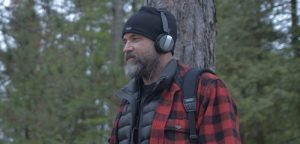
Photo credit: "File:David-ridgen.jpg" by ChrisOke is licensed under CC BY-SA 4.0
Ridgen grew up in a small town in Ontario. He considered himself a geek in high school and still does. He was on the swim team and Boy Scouts. He feels he was not good at communication or looking in people’s faces but learned to have better eye contact and communication skills later in life.
Ridgen told the audience he wanted the superpower to know what people were thinking. Seeking honesty has been the driving force in his life and in his work. He feels his own truth can help move a case forward, for example, “I can tell you mine if you tell me yours.”
He is a self-taught journalist and has worked at CBC as a staff member for years. He became successful in the investigative world when he went to Mississippi to make a documentary film, Mississippi Cold Case, which went on to earn several awards, and an Emmy nomination. The success of this case led him to continuing to try to solve crimes.
He talked about his work being a 24/7 job, and once you get in, you can’t get out because you’re connected with family members. He writes in a screenwriting fashion by imagining a scene that he wants and then tries to finds a way to get it.
The audience had many questions for Ridgen. Josh Banner, a CCBC student, asked, “Do you ever get anxious when you start and how do you get over it?” Ridgen replied, “I use my microphone as a shield. It helps to have equipment with you. It distracts me from these things [feeling anxious] and helps with audio. I have several things rolling when going in...I have a third backup to know what I said. I...have a bunch of other microphones and speakers, so it’s a lot of stuff to worry about.”
When asked how much information he is allowed to report on when doing podcasts, he informed the audience that everything must go through a lawyer. Every state has different laws about recording permission and what can be published. In some states, you must tell the person you are recording. If you don’t ask for permission, you still cannot publish because single party consent is important.
In his podcast, Ridgen aims to help family members through the trauma that happened in their lives. He selects cases where there is a passionate family member that is willing to put their trust in him. He also must find out if the police are able to talk off record, and if there is a suspect that he can go after. He also considers if the crime happened in a big city or a small town where everyone talks. Lastly, he must think about privileging certain stories over others, meaning, he wants to tell stories about people that are often not told in mainstream media.
Ridgen doesn't like to include himself in the story, but this can be difficult when spending so much time with the families and talking to them about some of their most personal life events. He often becomes very close with the families.
Podcast production crew member and CCBC student, Renita Obichere, asked for advice on making podcasts. Ridgen encouraged her by saying, “Just do it..there is no reason to just not do a podcast. Get in people’s faces, Americans love to talk. In the states, it’s much easier. Research wise, my best advice is to make friends. It’s all about being personal. People respond to honesty...tell them what you are doing, and they will help you.”
Many of the students at the Zoom session were interested in a media career like Ridgen's and wanted to know how he has developed such a large audience. Ridgen’s advice was to cross promote. "You find the biggest podcast you can that is similar to your own and ask them to advertise for your podcast."
Jeremy Caplan, a Journalism Professor at CCBC, commented when asked about the event, “I thought it was an excellent event that was well-attended and very worthwhile for our students. David [Ridgen] provided some excellent perspective on working in the industry as well as advice with real-world application for our students. I was extremely pleased that we had over 50 people attend, and the entire event was driven by student discussion. This was another excellent event organized by Professor Baunoch.”
Listen to Someone Knows Something wherever you listen to podcasts or click here.
Follow the show on Facebook @SomeoneKnowsSomething or on Twitter @skscbc


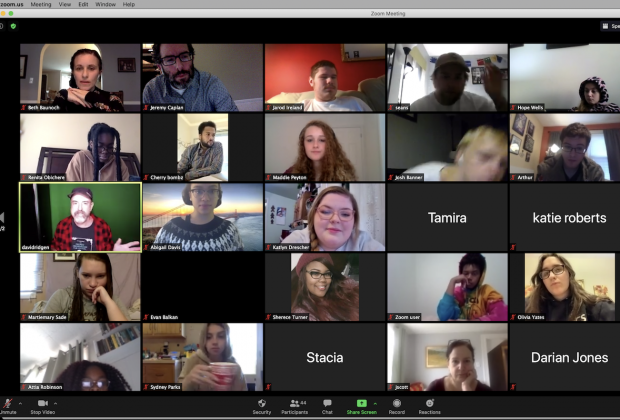



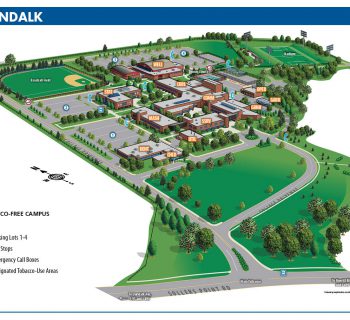
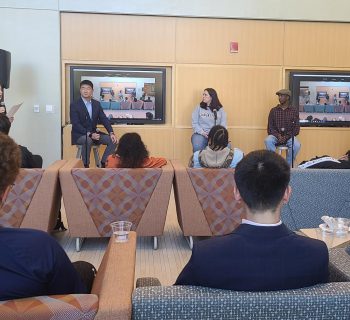





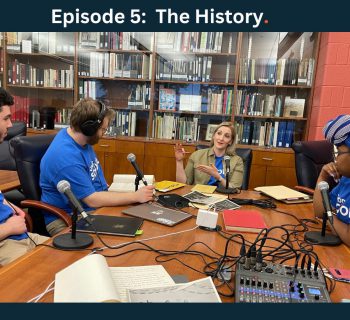
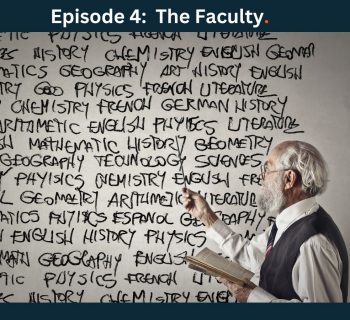
He was a great guest, and I really enjoyed hearing from him. I learned a lot.
Very interesting, kinda wish I knew about it. The guy sounds like Private Investigator but is also a reporter, nice little combo going on. I have questions but its too late
Wish I knew about this! Would have loved to have joined.
As someone who watches several podcast this is very interesting. I wish I could have heard him speak.
Wow! He seems to know so much, hes very educational.Just from a visit i took away a lot.